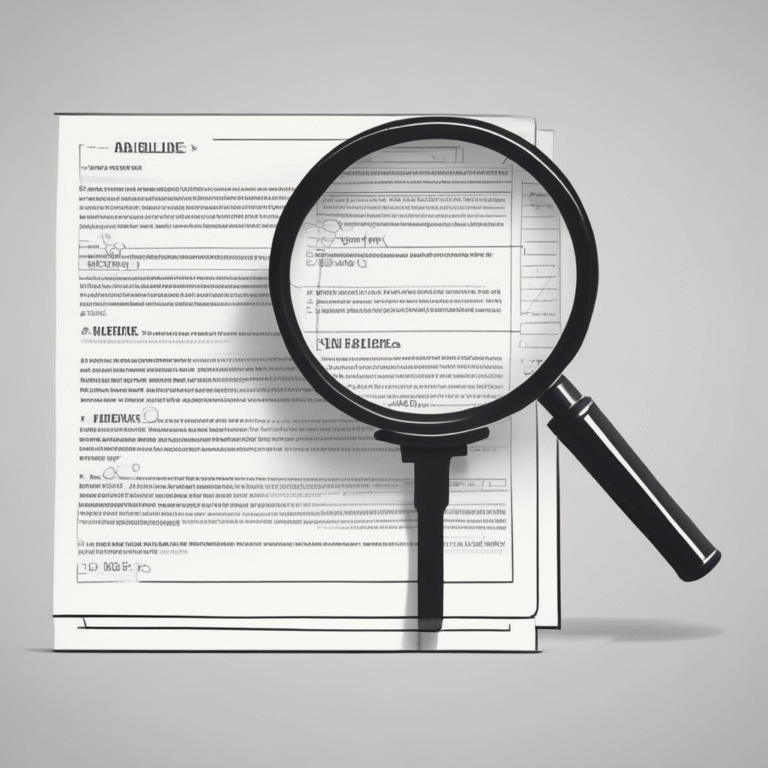Riskonnect Launches AI Governance Capabilities for the Next Era of Risk
On June 26, 2025, Riskonnect, a leader in integrated risk management (IRM) solutions, announced the launch of its AI Governance solution. This innovative offering is designed to help organizations responsibly harness artificial intelligence (AI) while balancing innovation with oversight, compliance, and control.
The Need for AI Governance
As the adoption of AI technologies accelerates, organizations are under increasing pressure to ensure the ethical, transparent, and responsible use of AI tools. The new AI Governance solution from Riskonnect is tailored to meet these challenges, providing a structured methodology that allows organizations to leverage AI safely and in compliance with relevant regulations.
Key Features of the AI Governance Solution
Riskonnect’s AI Governance solution offers several key capabilities:
- Stay ahead of new and evolving AI regulations: Organizations can apply preloaded compliance frameworks and standards such as the EU AI Act, GDPR, ISO 42001, and NIST AI RMF, utilizing adaptive compliance workflows.
- Customize and enforce AI policies: The solution allows organizations to tailor governance frameworks to align with industry-specific risks, organizational needs, and external requirements.
- Run automated audits: This feature ensures accountability across AI systems by maintaining a record of AI decisions and actions, which is crucial for transparency and compliance.
- Monitor AI risk and ethics: Organizations can detect bias, model drift, and anomalies early, track performance trends, and score AI risk to enable timely mitigation and reliable governance.
- Track AI usage requests: The system promotes responsible innovation through prebuilt approval workflows.
Integrating AI Governance into Risk Management
Riskonnect integrates AI governance directly into its Governance, Risk & Compliance platform, providing a centralized method for departments to manage AI use across the organization. Given that AI risk is a cross-functional issue, the solution encourages collaboration among various teams, including risk, legal, IT, and the broader business.
This integration allows organizations to manage AI risks alongside other critical areas such as cybersecurity, third-party risk, operational risk, and compliance risk, all as part of a unified risk management strategy.
The Importance of Responsible AI Governance
According to Kathryn Carlson, the chief product officer at Riskonnect, “AI has the power to unlock extraordinary value, but only if it’s governed with intention and integrity.” The new AI governance capabilities are designed to help organizations transform uncertainty into opportunity by embedding responsible AI oversight into their risk strategy. This approach is centered around enabling innovation in a safe, ethical, and transparent manner.
By democratizing responsible AI oversight, Riskonnect makes AI risk management accessible to non-technical teams while satisfying the needs of technical, regulatory, and executive stakeholders.
Conclusion: A Strategic Imperative
AI governance is emerging as a critical challenge for organizations, similar to how cybersecurity became a board-level issue in the past decade. The introduction of Riskonnect’s AI Governance solution lays the groundwork for not just compliance, but for scalable and responsible AI use that supports broader business goals.
As organizations move forward in an AI-driven world, the ability to manage risk while fostering innovation becomes not just a necessity, but a strategic imperative.










